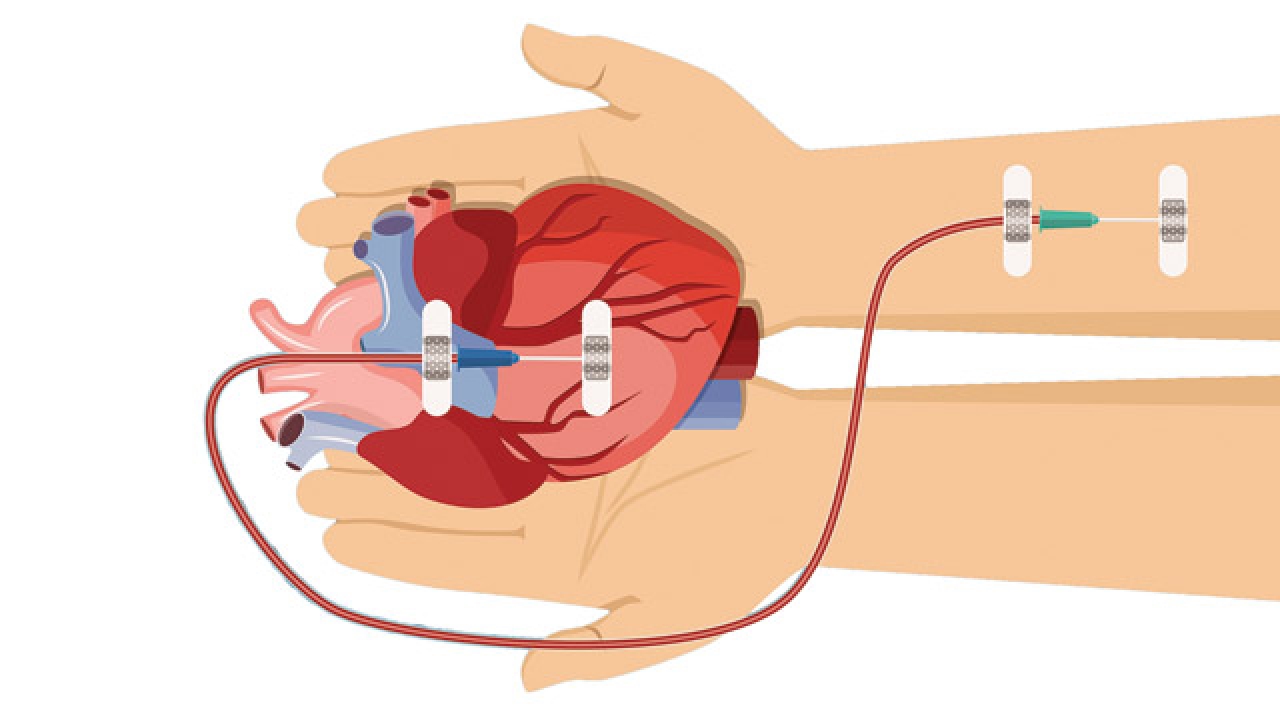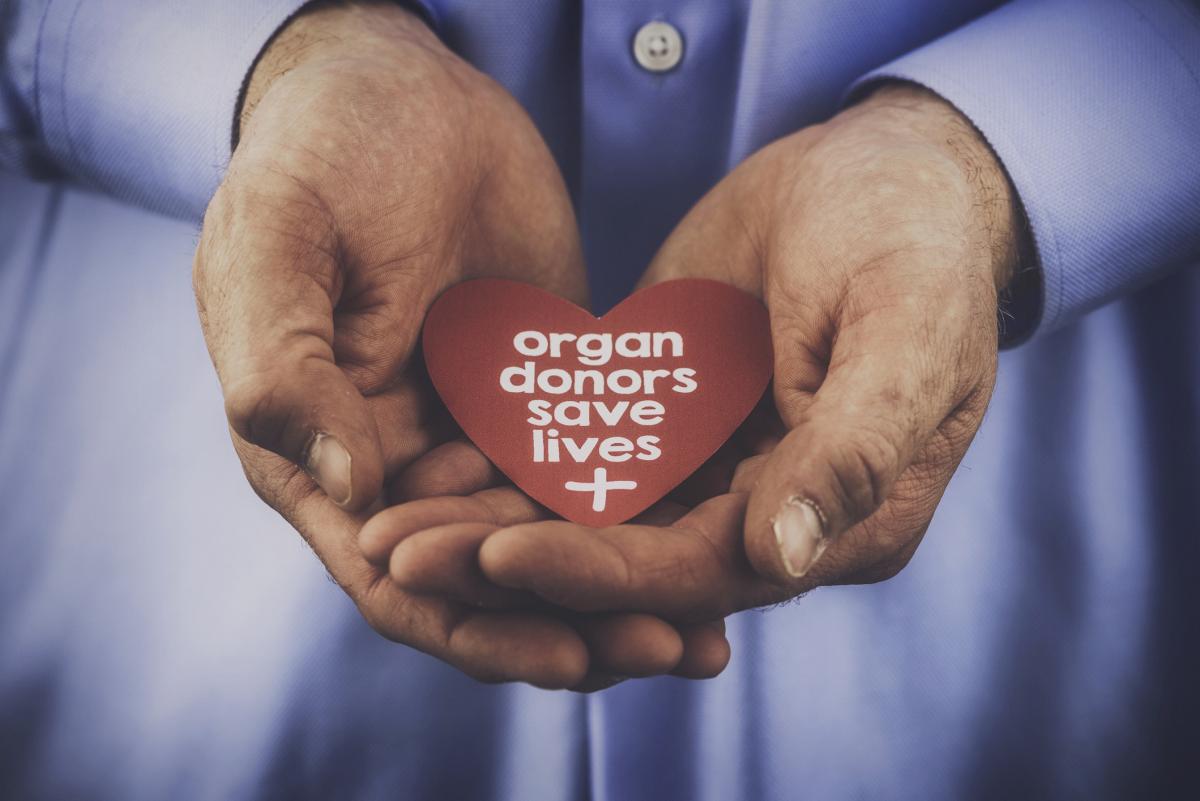The procedure of taking a tissue or organ from one person, the donor, and giving it to a different person, the recipient, who requires the organ, is known as organ donation. Organ donation has grown in popularity in recent years due to the substantial benefits it provides to those needing a donation. Many advantages exist for organ donation, such as saving lives, enhancing health outcomes, and lowering healthcare costs.

One of the more significant advantages of donating an organ is the possibility of saving lives. Every day, individuals who require a transplant get added to the list of candidates hoping to receive a donated organ. Sadly, organ demand far outstrips availability, and many people die while waiting for an organ transplant.
According to research, over 107,000 people are on the transplant waiting list in the United States alone, with an average of 17 people dying each day. You can save someone's life and offer them an opportunity to live a longer and healthier life by being an organ donor.
Organ donation and preserving lives can improve the health of individuals in need of transplants. For many terminally ill patients, an organ transplant is their only chance to live. Transplantation of organs can help restore organ function, enhance the quality of life, and extend life. For instance, kidney transplant patients have a one-year survival rate of ninety per cent.

patients with liver transplants have a one-year survival rate of 90% and a five-year survival rate of 70%. Donating your organs has the potential to greatly improve the health of people in need of a transplant.
Another advantage of organ giving is the capacity to save money on healthcare. End-of-life organ illness treatment is frequently costly, and transplantation of organs can be costly. On the other hand, the expense of an organ transplant is frequently considerably less than the price of ongoing therapy for organ failure.











